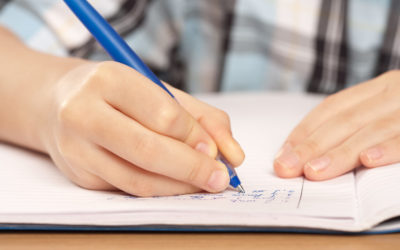In the 2023 Oxford Language Report, we share perspectives from parents and teachers about how they approach vocabulary building, as well as the challenges they face.
Blog posts for: At school
Preparing for parents’ evening
Parents’ evenings are a very important part of the relationship you develop with your child’s school and teacher. Find out how to get the most out of them.
Spelling Spotlight: when to use ‘ize’ and ‘ise’
It might seem strange to spell the same word differently. Is it -ise or -ize at the end? Which is right? Is it American or English? Find out here!
Countdown to the KS2 SATs: week three
Advice for parents and carers on how you can help make your child’s KS2 SATs revision fun (yes, really).
Countdown to the KS2 SATs: week two
Advice for parents on how your child can best prepare for KS2 SATs, including lots of revision tips and ideas.
Countdown to the KS2 SATs: week one
Advice about how you can help your child to do their very best in the KS2 national tests, and how the assessments can be approached so that they’re a positive experience for everyone involved.
How to support your child during GCSEs – what to do and when
As your child starts studying for their GCSEs, Aaron Wilkes gives his advice on navigating the new exams and encouraging good study skills.
Choosing a primary school
Education expert James Clements gives his advice on how to choose the right school for your child.
Using the Bond 10 Minute Tests
11+ tutor and writer Michellejoy Hughes explains how using the short Bond 10 Minute Tests can really help with structuring summer revision for the 11+
Preparing for the phonics screening check
The phonics screening check is an informal way for schools to assess your child’s progress in reading. Sarah Loader shares tips for supporting your child’s development at home.
Maths is everywhere!
Maths expert Louise Pennington shares her advice for developing your child’s maths skills during school closures by exploring maths in the real world.
11+ and entrance exams explained
11+ tutor and writer Michellejoy Hughes explains what the exam involves, how marking works, and what you can do to help your child prepare.











